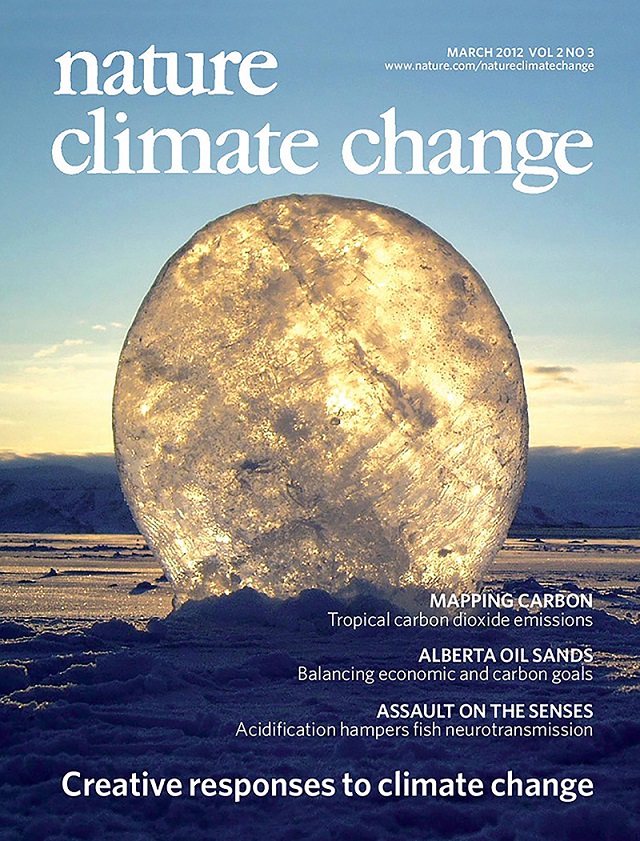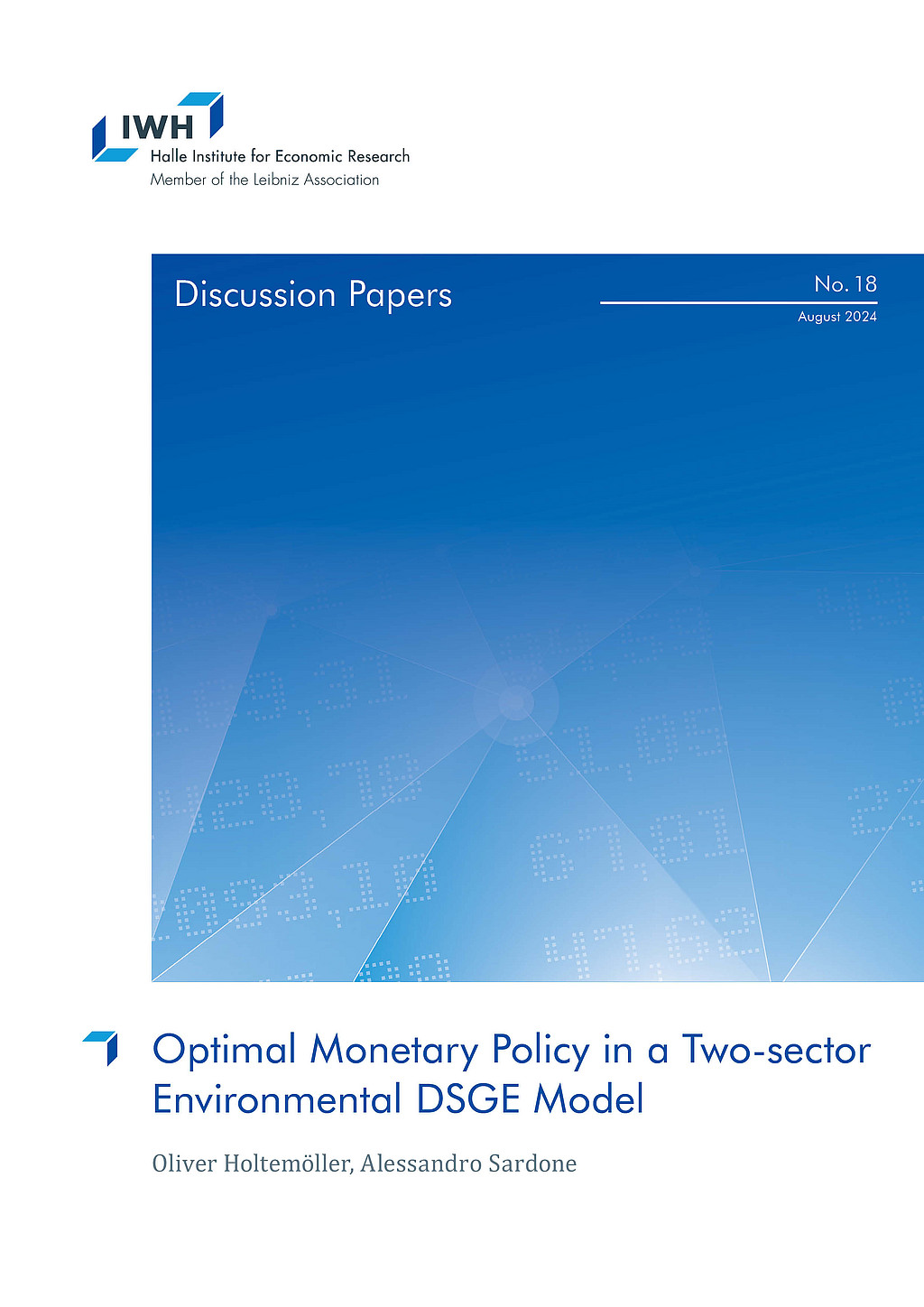Environmental Macroeconomics
This research group examines how climate change, environmental policies, and changes in natural capital affect economic growth and income distribution across households, sectors, regions, and countries. It applies macroeconomic modeling, coupled economy-environment systems, and econometric methods to understand the complex interactions between the environment and the economy.
The group links long-term environmental developments—such as climate change and biodiversity loss—to macroeconomic outcomes like productivity, inequality, and welfare. A central focus lies on the externalities associated with resource extraction and pollution, which lead to inefficient market outcomes in the absence of regulatory interventions. At the same time, environmental policies have unequal effects across agents and regions, raising important distributional considerations.
The group’s work centers on three main areas: (1) the economic consequences of climate change, including the effects of extreme weather; (2) the short- and long-term macroeconomic and distributional impacts of decarbonization and climate policy; and (3) the role of natural capital in shaping development paths and long-run welfare.
A key objective is to generate evidence-based insights that contribute to the design of effective, efficient, and socially inclusive climate policies, supporting both national strategies and international sustainability goals.
Research Cluster
Economic Dynamics and StabilityYour contact

- Department Macroeconomics
Refereed Publications

A Multi-Model Assessment of Inequality and Climate Change
in: Nature Climate Change, October 2024
Abstract
<p>Climate change and inequality are critical and interrelated defining issues for this century. Despite growing empirical evidence on the economic incidence of climate policies and impacts, mainstream model-based assessments are often silent on the interplay between climate change and economic inequality. For example, all the major model comparisons reviewed in IPCC neglect within-country inequalities. Here we fill this gap by presenting a model ensemble of eight large-scale Integrated Assessment Models belonging to different model paradigms and featuring economic heterogeneity. We study the distributional implications of Paris-aligned climate target of 1.5 degree and include different carbon revenue redistribution schemes. Moreover, we account for the economic inequalities resulting from residual and avoided climate impacts. We find that price-based climate policies without compensatory measures increase economic inequality in most countries and across models. However, revenue redistribution through equal per-capita transfers can offset this effect, leading to on average decrease in the Gini index by almost two points. When climate benefits are included, inequality is further reduced, but only in the long term. Around mid-century, the combination of dried-up carbon revenues and yet limited climate benefits leads to higher inequality under the Paris target than in the Reference scenario, indicating the need for further policy measures in the medium term.</p>
Working Papers

Optimal Monetary Policy in a Two-sector Environmental DSGE Model
in: IWH Discussion Papers, No. 18, 2024
Abstract
<p>In this paper, we discuss how environmental damage and emission reduction policies affect the conduct of monetary policy in a two-sector (clean and dirty) dynamic stochastic general equilibrium model. In particular, we examine the optimal response of the interest rate to changes in sectoral inflation due to standard supply shocks, conditional on a given environmental policy. We then compare the performance of a nonstandard monetary rule with sectoral inflation targets to that of a standard Taylor rule. Our main results are as follows: first, the optimal monetary policy is affected by the existence of environmental policy (carbon taxation), as this introduces a distortion in the relative price level between the clean and dirty sectors. Second, compared with a standard Taylor rule targeting aggregate inflation, a monetary policy rule with asymmetric responses to sector-specific inflation allows for reduced volatility in the inflation gap, output gap, and emissions. Third, a nonstandard monetary policy rule allows for a higher level of welfare, so the two goals of welfare maximization and emission minimization can be aligned.</p>

A Multi-Model Assessment of Inequality and Climate Change
in: Research Square, 2024
Abstract
<p>Climate change and inequality are critical and interrelated defining issues for this century. Despite growing empirical evidence on the economic incidence of climate policies and impacts, mainstream model-based assessments are often silent on the interplay between climate change and economic inequality. For example, all the major model comparisons reviewed in IPCC neglect within-country inequalities. Here we fill this gap by presenting a model ensemble of eight large-scale Integrated Assessment Models belonging to different model paradigms and featuring economic heterogeneity. We study the distributional implications of Paris-aligned climate target of 1.5 degree and include different carbon revenue redistribution schemes. Moreover, we account for the economic inequalities resulting from residual and avoided climate impacts. We find that price-based climate policies without compensatory measures increase economic inequality in most countries and across models. However, revenue redistribution through equal per-capita transfers can offset this effect, leading to on average decrease in the Gini index by almost two points. When climate benefits are included, inequality is further reduced, but only in the long term. Around mid-century, the combination of dried-up carbon revenues and yet limited climate benefits leads to higher inequality under the Paris target than in the Reference scenario, indicating the need for further policy measures in the medium term.</p>







